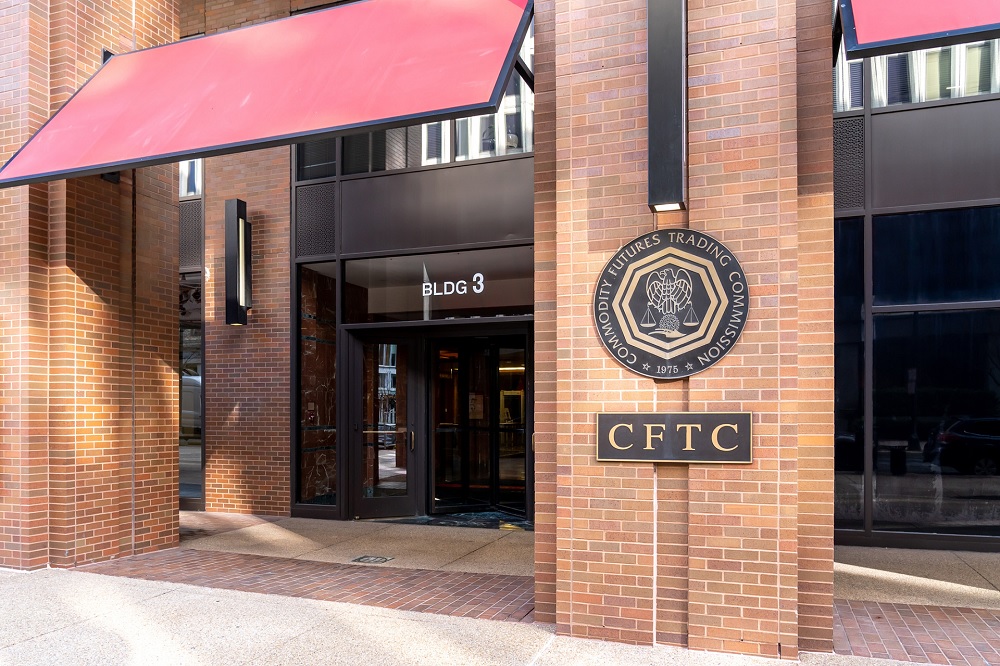The Commodity Futures Trading Commission (CFTC) has secured a Court order imposing heavy penalties on Darren Robinson, a former resident of Miami, Florida, and his firm The QYU Holdings Inc (QYUHI).
The relevant order was signed earlier this week by Judge Linda V. Parker of the Michigan Eastern District Court.
Robinson and QYUHI must pay restitution to defrauded customers, jointly and severally, in the amount of $5,923,515.37, plus post-judgment interest.
The defendants must pay a civil monetary penalty, jointly and severally, in the amount of $5,923,515.37 (“CMP Obligation”), plus post-judgment interest,
The order brings to a close a case brought by the CFTC in September 2023.
The complaint charged Robinson and QYUHI with fraud, registration, and books and records violations relating to a multimillion-dollar fraudulent scheme which Robinson, individually and as the agent of QYUHI, solicited and both defendants accepted not less than $7.1 million from customers in the U.S.
The complaint charged that from approximately January 1, 2017 to the present (the relevant period), Robinson and QYUHI engaged in a multi-million dollar fraudulent scheme which Robinson, individually and as the agent of QYUHI, solicited people to participate in a commodity pool operated by QYUHI to trade in commodity interests, including forex pairs on a leveraged, margined, or financed basis with participants who are not eligible contract participants (retail forex) and forex futures contracts.
Instead of trading pool participants’ funds, Robinson and QYUHI misappropriated all of the pool participants’ funds by depositing them directly into QYUHI’s corporate bank account that Robinson controlled, rather than depositing the funds directly into an account carried in the name of the pool at a futures commission merchant and/or a retail foreign exchange dealer.
Robinson and QYUHI misappropriated, and continue to misappropriate, participants’ funds to pay Robinson’s personal expenses, including, but not limited to luxury cruises, airfare, vehicles, as well as real property purchases, credit cards payments, and other daily living expenses.
Additionally, Robinson used approximately $1,272,850 of later-in-time participants’ funds to pay earlier-in-time participants purported “profits” and/or “redemptions” in the nature of a Ponzi scheme.









